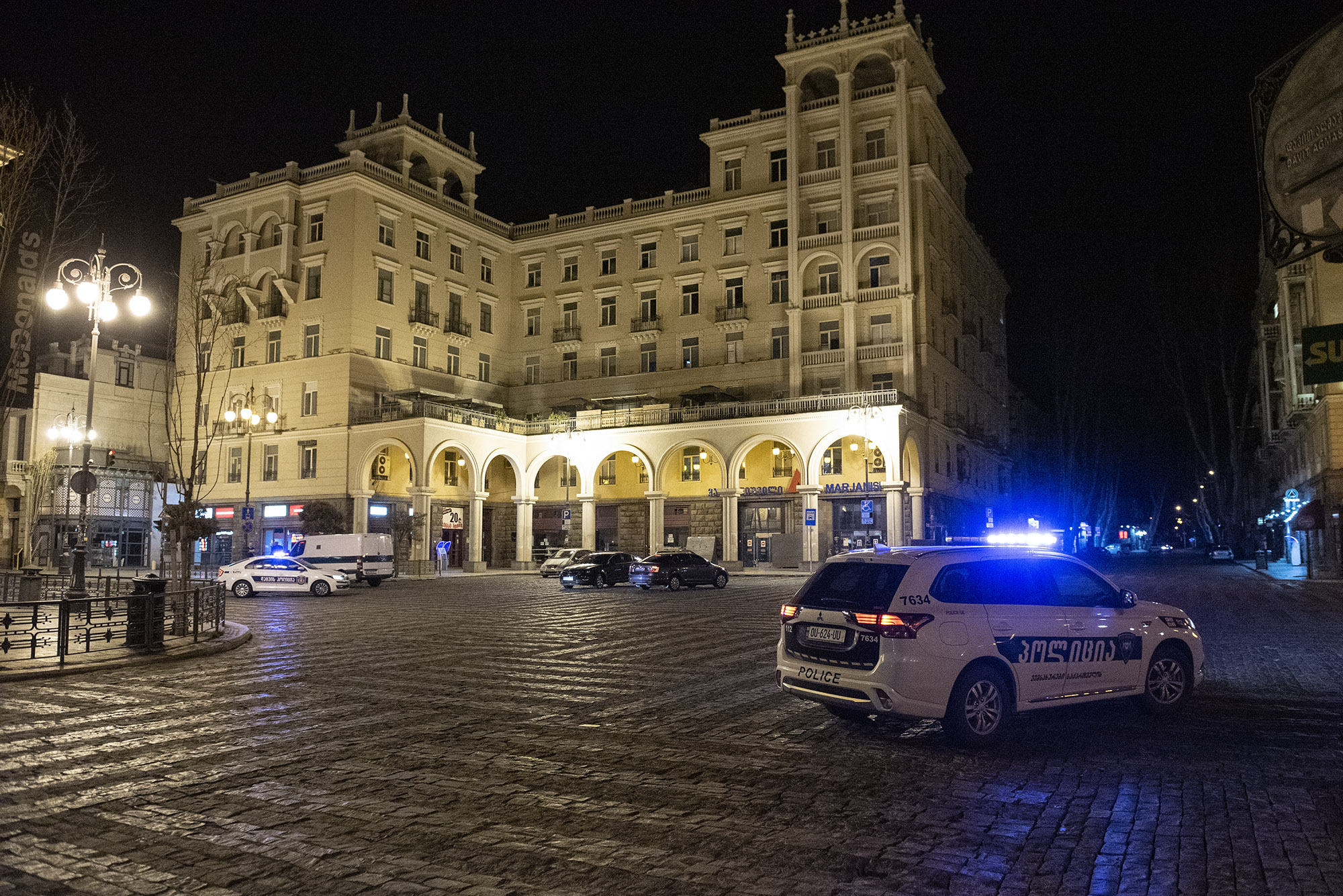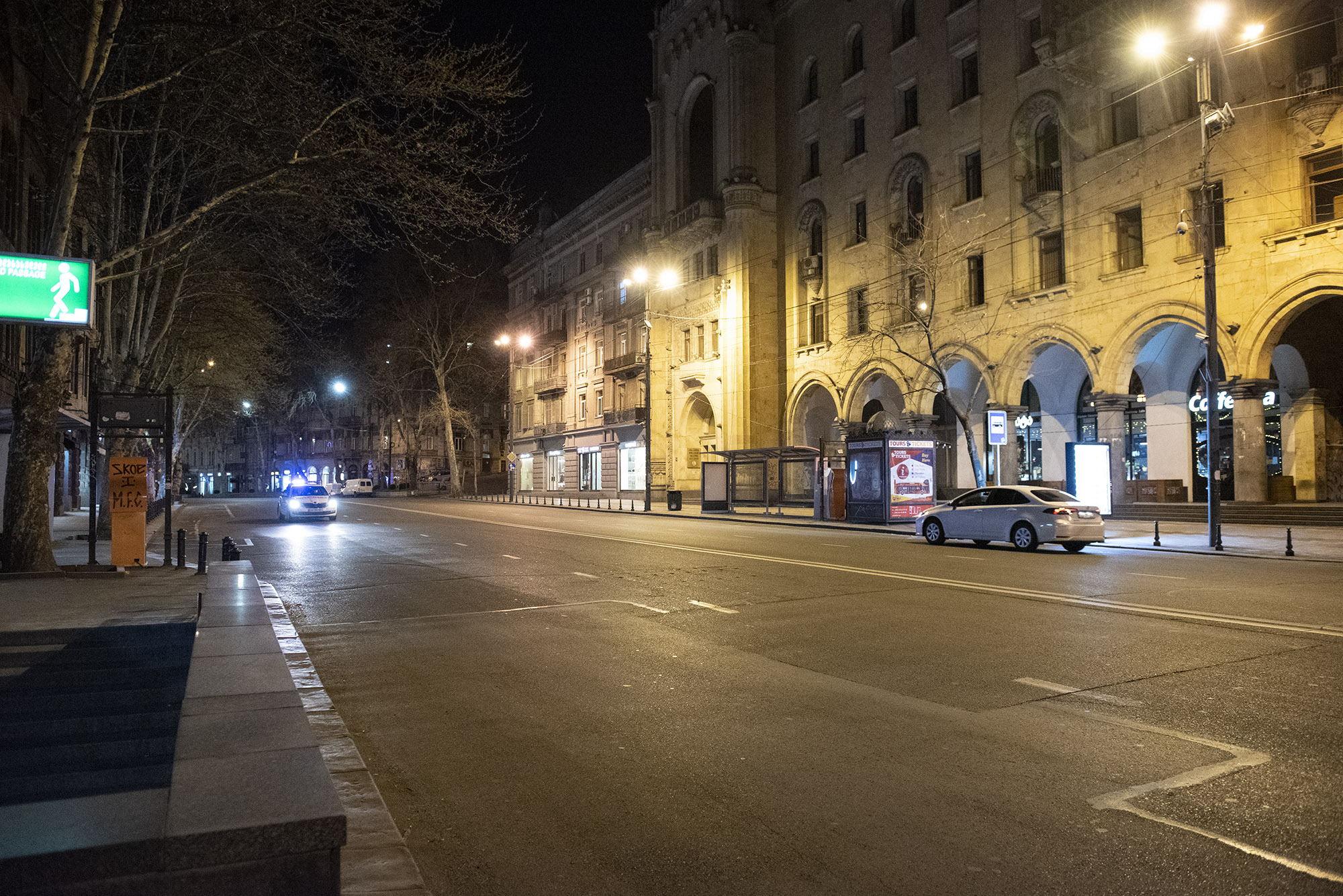
Opinion | Four years of entrapment: why Azerbaijan’s land borders remain closed
Four years since the coronavirus pandemic began, Azerbaijan’s land borders remain closed to all civilian traffic. While officially this is to prevent the spread of the coronavirus, a number of theories exist regarding the real reason behind the measure. In the spring of 2020, Azerbaijan followed the example of many other countries, closing its land borders to prevent the transmission of the coronavirus, alongside a host of other preventive measures. Later the same year, the Second Nagorno-Kar








